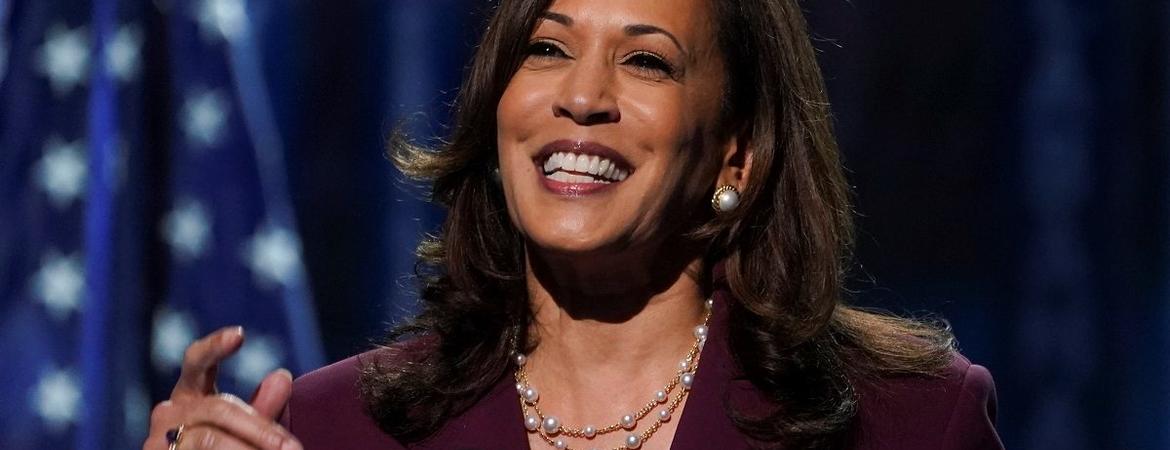Center for Social Innovation

Though the Senator has struggled to spin her record as a prosecutor in her favour, her flexible positions will help the Democratic Party forge a new policy framework.
Democratic presidential nominee Joe Biden’s decision to choose Kamala Harris as his vice-presidential running mate has catapulted her back into the national spotlight.
Harris bowed out of the Democratic presidential race because her campaign strained to balance policy stances that toggled between her party’s moderate and progressive wings. This led her to change her position on certain policies. For example, she reversed her position on healthcare when she removed herself from the “Medicare for All” Bill sponsored by Bernie sanders. Sander’s campaign manager, Faiz Shakir, accused her of being inconsistent on the issue of healthcare. In a statement to Vox, he said, “Folding to the interests of the health insurance industry is both bad policy and bad politics.”
Her Indian background is likely to draw in the Asian-American community. According to the Pew Research Center, Asian-American voters are the fastest-growing demographic of eligible voters out of the major racial and ethnic groups in the US. AAPI Data, which provides demographic data on Asian Americans and Pacific Islanders, shows that 50% of Indian-Americans have identified themselves as Democrats in 2018, Biden’s choice of Harris is likely to inspire more young Indian-American and Asian-American voters to turn towards the Democratic Party. The key swing states in the 2020 election like Michigan, Pennsylvania and Wisconsin have high Asian-American and Indian-American populations.